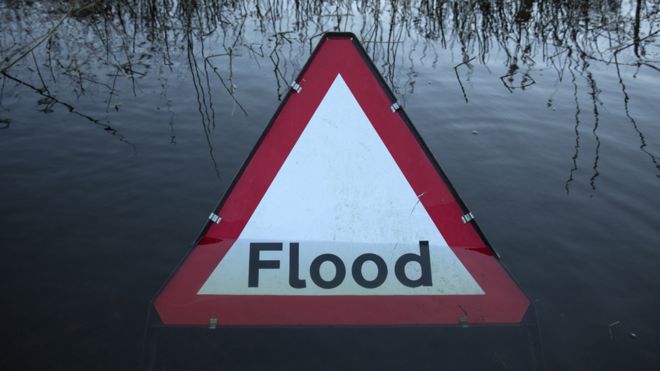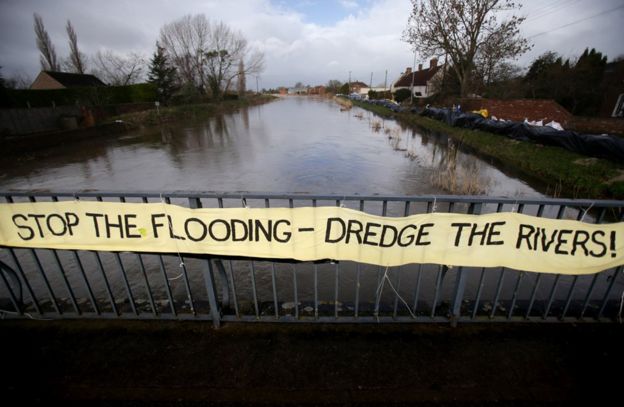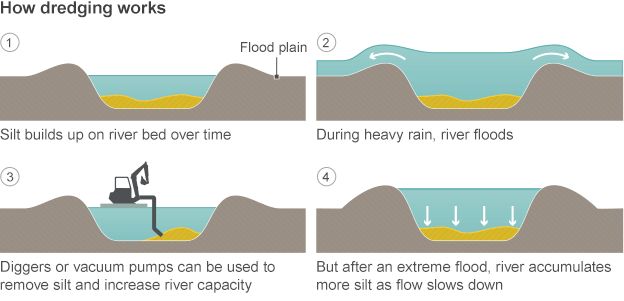Regardless of what our respective moral positions on policies of prohibition might be, and regardless of the potential efficacy of such programmes, the judgment on the validity of Kerala’s liquor policy militates against the fundamental promise of equal concern and treatment under the Constitution.
As virtually its last significant act of 2015, on December 29, the Supreme Court of India delivered its judgment on the validity of Kerala’s newest liquor policy, which seeks to prohibit the sale and service of alcohol in all public places, save bars and restaurants in five-star hotels. Regardless of what our respective moral positions on policies of prohibition might be, and regardless of the potential efficacy of such programmes, the new law, as is only plainly evident, militates against the fundamental promise of equal concern and treatment under the Constitution. In placing five-star hotels on a pedestal, the law takes a classist position, and commits a patent discrimination that is really an affront to the underlying principles of our democracy. Regrettably, though, the Supreme Court’s judgment, in The Kerala Bar Hotels Association v. State of Kerala, eschews even the most basic doctrines of constitutionalism, and, in so doing, allows the state to perpetrate a politics of hypocrisy.
Kicking off the excise policy
Since 2007, the Kerala government has sought to tighten its Abkari (excise) policy with a view to making liquor less freely available in the State, ostensibly in the interest of public health. At first, the State sought to amend the policy by permitting new bar licences to be granted only to those hotels that were accorded a rating of three stars or more by the Central government’s Ministry of Tourism. In 2011, these rules were further changed. This time, all hotels that had a rating of anything below four stars were disentitled from having a licence issued to serve alcoholic beverages on their premises. However, those hotels with existing licences were accorded an amnesty, which permitted them to have their licences renewed even if they did not possess a four-star mark.
The Supreme Court held, in a convoluted judgment, in March 2014, that the deletion of three-star hotels from the category of hotels eligible for a liquor licence was, in fact, constitutionally valid. The court provided a rather bizarre rationale for what appeared to be a palpable act of favouritism. Even hotels without a bar licence, it said, were entitled to three-star statuses under the Ministry of Tourism’s rules and regulations.
In August 2014, the Kerala government sought to further intensify its Abkari policy, by making its most drastic change yet, in purportedly trying to enforce complete prohibition. Only hotels classed as five star and above, by the Union government’s Ministry of Tourism, the new policy commanded, would be entitled to maintain a bar licence. To give effect to this rule, the Abkari Act, a pre-constitutional enactment that was extended in 1967 to Kerala, was duly amended, and the State’s excise commissioners issued notices to all hotels of four stars and below, which served liquor, intimating them of the annulment of their respective bar licences.
The new policy was immediately challenged in a series of petitions filed in the Kerala High Court by hotels of various different denominations. In May last year, after a division bench of the High Court had ruled in favour of the State, the hotels filed appeals before the Supreme Court. They raised two primary grounds of challenge, both predicated on fundamental rights guaranteed under Part III of India’s Constitution.
Fundamental rights
First, the hotels submitted that in cancelling their bar licences, and in prohibiting them from serving and selling liquor on their premises, the State had infracted their right, under Article 19(1)(g), to practise any profession, or to carry on any occupation, trade or business. Second, they pleaded, in separately categorising hotels of five stars or more, and in permitting those hotels alone to serve liquor in public, the new Abkari policy had made an unreasonable classification, by treating persons on an equal standing unequally, and therefore violated Article 14 of the Constitution.
First, the hotels submitted that in cancelling their bar licences, and in prohibiting them from serving and selling liquor on their premises, the State had infracted their right, under Article 19(1)(g), to practise any profession, or to carry on any occupation, trade or business. Second, they pleaded, in separately categorising hotels of five stars or more, and in permitting those hotels alone to serve liquor in public, the new Abkari policy had made an unreasonable classification, by treating persons on an equal standing unequally, and therefore violated Article 14 of the Constitution.
The first argument was admittedly going to be a difficult one to maintain. The liberty to freely carry on any trade or business is subject to reasonable restrictions that may be imposed by the state in the interest of the general public. The Constitution itself, in Article 47, requires States to make an endeavour towards improving public health, including by bringing about prohibition of the consumption of liquor. Therefore, quite naturally, any policy in purported furtherance of such goals would almost always be viewed as a legitimate limitation on any freedom to do business. In fact, in 1994, a constitution bench of the Supreme Court, in Khoday Distilleries Ltd. v. State of Karnataka, explicitly questioned whether any right to trade in alcoholic beverages even flowed from our Constitution.
“The State can prohibit completely the trade or business in potable liquor since liquor as beverage is res extra commercium,” wrote Justice P.B. Sawant. “The State may also create a monopoly in itself for trade or business in such liquor. The State can further place restrictions and limitations on such trade or business which may be in nature different from those on trade or business in articles res commercium.” Therefore, the court, in The Kerala Bar Hotels Association case, perhaps, had little choice but to hold the Abkari policy as being in conformity with the right under Article 19(1)(g).
Such a holding, though, ought not to have precluded the court from scrutinising the liquor policy with further rigour. The mere fact that a commodity is res extra commercium — a thing outside commerce — does not give the state absolute power to make laws on the subject in violation of the guarantee of equal treatment. While a law might represent a valid constraint on the freedom to trade, it nonetheless must confirm to other constitutional commands, including Article 14, which assures us that the state shall not deny to any person equality before the law or the equal protection of the laws within the territory of India.
The point of classification
Equality, as the legal philosopher Ronald Dworkin once wrote, is a contested concept. But it is however, in its abstract form, a solemn constitutional pledge that underpins our democracy. The Supreme Court, in some of its earliest decisions, interpreted Article 14 as forbidding altogether any law that seeks to make distinctions based on class, except where reasonable classifications are made in a manner that does no violence to the provision’s core promise. The court also crystallised a basic two-prong test to determine what constitutes such a classification: there must be, it held, an intelligible differentia, which distinguishes persons or things that are grouped together from others left out of the group, and this differentia must have a rational relation to the object sought to be achieved by the law in question.
Equality, as the legal philosopher Ronald Dworkin once wrote, is a contested concept. But it is however, in its abstract form, a solemn constitutional pledge that underpins our democracy. The Supreme Court, in some of its earliest decisions, interpreted Article 14 as forbidding altogether any law that seeks to make distinctions based on class, except where reasonable classifications are made in a manner that does no violence to the provision’s core promise. The court also crystallised a basic two-prong test to determine what constitutes such a classification: there must be, it held, an intelligible differentia, which distinguishes persons or things that are grouped together from others left out of the group, and this differentia must have a rational relation to the object sought to be achieved by the law in question.
Hence, in determining whether Kerala’s Abkari policy violated the right to equality, the question was rather simple: has the State made a reasonable classification in consonance with Article 14 by permitting only five-star hotels and above to serve liquor? When we apply the test previously laid down by the Supreme Court, there is little doubt that the distinction that the policy makes between hotels on the basis of their relative offering of luxuries constitutes a discernible intelligible differentia between two classes of things. But a proper defence of the law also requires the government to additionally show us how this classification of five-star hotels as a separate category bears a sensible nexus with the object of the law at hand. The changes in the liquor policy were ostensibly brought through with the view of promoting prohibition, and thereby improving the standard of public health in the State. Now, ask yourself this: how can this special treatment of five-star hotels possibly help the Kerala government in achieving these objectives?
The Supreme Court, as it happened, made no concerted effort to answer this question. This could be because, however hard we might want to try, it’s difficult to find any cogent connection between classifying five-star hotels separately and the aim of achieving prohibition. The court, therefore simply said, “There can be no gainsaying that the prices/tariff of alcohol in Five Star hotels is usually prohibitively high, which acts as a deterrent to individuals going in for binge or even casual drinking. There is also little scope for cavil that the guests in Five Star hotels are of a mature age; they do not visit these hotels with the sole purpose of consuming alcohol.” Given the palpable inadequacies of such a justification — and also given its validation of a manifestly classist position — the court also used the State government’s excuse of tourism as a further ruse to defend the law. But when a policy exists to promote the prohibition of the consumption of liquor, it’s specious to use an extraneous consideration, in this case, tourism, to defend a classification made in the law, regardless of how intelligible such a classification might be.
Prohibition often has a polarising effect on the polity. But the criticisms of the ineffectuality of such policies apart, Kerala’s new law ought to have been seen for what it is: paternalism, at its best, and, at its worst, an extension of an ingrained form of classism that is demonstrably opposed to the guarantee of equality under our Constitution. The judgment in The Kerala Bar Hotels Association case is therefore deeply unsatisfactory, and requires reconsideration.




 Image copyrightGetty Images
Image copyrightGetty Images Image copyrightGetty Images
Image copyrightGetty Images Image copyrightGetty Images
Image copyrightGetty Images
 Image copyrightiStock
Image copyrightiStock Image copyrightScience Photo Library
Image copyrightScience Photo Library Image copyrightGetty Images
Image copyrightGetty Images

 Drivers have saved a fortune thanks to low petrol prices
Drivers have saved a fortune thanks to low petrol prices